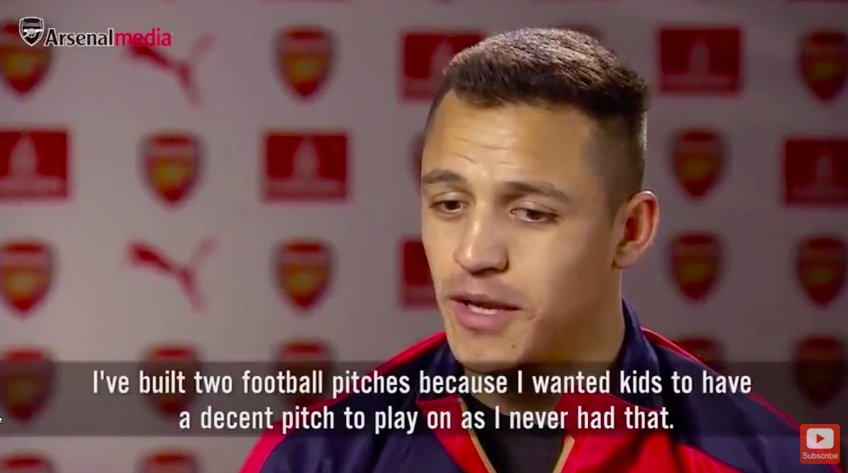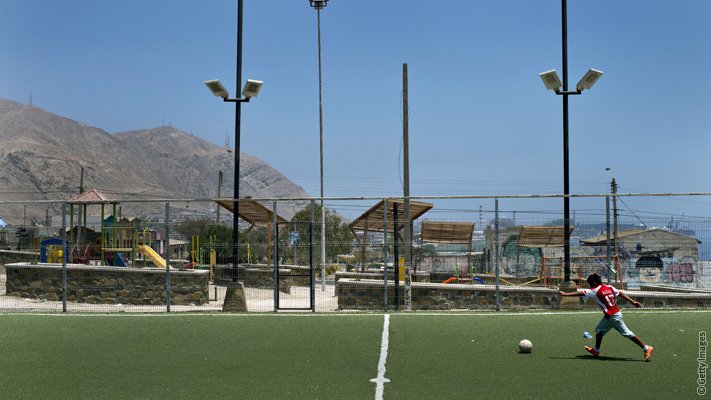
Valencia sack Gary Neville




Argentine star, Lionel Messi has been heavily criticized in Egypt following his decision to donate his pair of shoes. Here’s the gist.
The 28 year-old was a guest at a programme tagged ‘Yes I am famous’ broadcasted on Saudi Channel, MBC Masr. During the course of the interview, the Barcelona star removed his shoes and handed it over to the presenter who requested for a souvenir for charity. The gesture has however stirred up some strong reactions from Egyptians.
In Egypt and other Arab countries shoes are sometimes used as a symbol of disrespect, hence the furore. The Egyptian Parliament member, Said Hasasin who was infuriated by the gesture took off his shoe and held it up live on air during his TV show saying “We Egyptians have never been humiliated during our seven thousand years of civilization… I will hit you with the shoes, Messi.”
Like that wasn’t enough, Egyptian Football Association official, Azmy Megahed added his voice to the condemnation.
“Our poor don’t need him. Work shoes for him. I am confused, if he intends to humiliate us, then I say he better put these shoes on his head and on the heads of the people supporting him. We don’t need his shoes and we don’t need charity from Jewish or Israeli people. Give your shoes to your country, Argentina is full of poverty.”
The journalist who received the controversial item from Messi later rose to his defence (after the shots were fired of course).
“That is false. On our show we always request a souvenir from the people we interview and we put those things up for auction for charity. I am shocked by what has happened. Messi never said he was going to donate his boots to charity in Egypt.”


//
 |
| The controversial ad |
//
//
“The
goal is to obtain fair compensation for the unauthorised use of Pele’s
identity, and to prevent future unauthorized uses,” Pelé’s lawyer, Frederick Sperling, told
Reuters.


